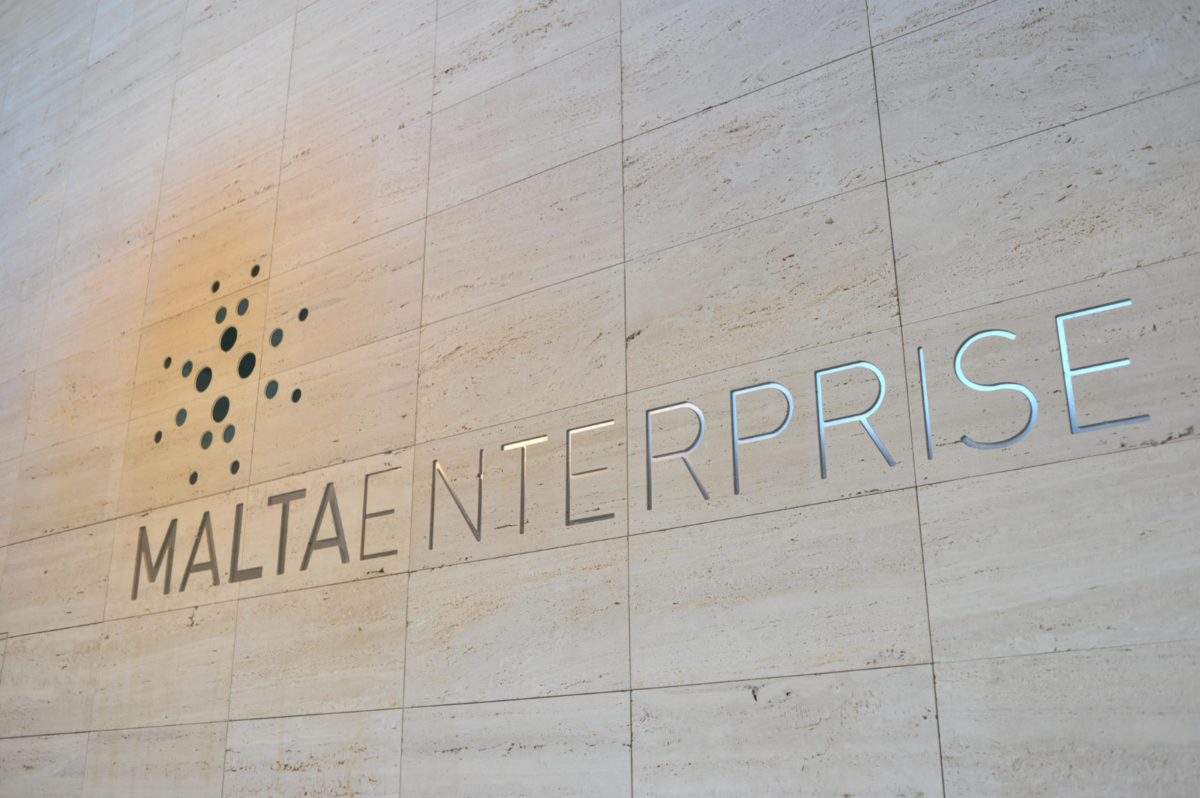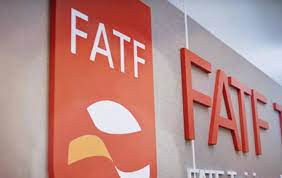The creation of a favourable business jurisdiction in Malta has been a focus of successive Governments and has seen many companies establish a base in the country.
Among the attractive measures bringing businesses to Malta is a controversial tax refund scheme allowing foreign companies registered in Malta to effectively pay a five per cent corporate tax rate.
However, this is by no means the only way the Government and its various bodies have tried to attract business.
A number of institutions, including Malta Enterprise and Start in Malta have been set up to foster a supportive business environment, aiming to offer financial and administrative assistance to companies in the jurisdiction, thereby spurring investment and creating jobs.
In the digital sector specifically, GamingMalta has been set up to support the country in cultivating its foundling esports and game development industries.
While many foreign companies have been able to reap the benefits of these various schemes in Malta’s business environment, it has not been smooth sailing for all, especially those which were attracted by Malta’s landmark legislation on Distributed Ledger Technology, such as Blockchain, regulation surrounding cryptocurrency as well as Virtual Financial Assets.
BusinessNow.mt spoke to one, finding out how a promising and cutting-edge gaming company, looking to incorporate play-to-earn cryptocurrency into its game play, felt forced by bureaucratic inefficiencies and undelivered promises to liquidate its Malta entity and abandon the jurisdiction for greener pastures.
A blockchain island?

“We originally decided to incorporate in Malta in 2018 during the Blockchain Island hype”, says Stephen Arnold, the CEO and creative director at Fracture Labs, a seed-stage video game company, referring to the unrealised (and now seemingly abandoned) plan to make Malta the centre of the global blockchain and cryptocurrency world.
At that point, the jurisdiction seemed attractive thanks to its “alleged crypto-friendly ecosystem, the low corporation tax rate for foreign companies and being an English-speaking country”, he reflects.
Fracture had ambitious plans, to develop a videogame with a play-to-earn mechanic that would allow players to earn cryptocurrency and buy/sell/trade digitally scarce virtual items (NFTs) with it.

Malta seemed to be the ideal location to deliver this. The former Prime Minister Joseph Muscat had proclaimed that the island was cutting “layers of bureaucracy” and fast-tracking approvals for digital companies to set up operations locally.
He pointed at the country’s positioning of itself as the centre of the European iGaming industry in the noughties, which was facilitated by its early regulation of the industry, and suggested that blockchain and cryptocurrencies could become a new niche economy in the country.
Unfortunately, as Mr Arnold, and other proponents of the industry have since found, these lofty goals would not be delivered.
“When the regulation came into place in November 2018”, the CEO reflects, “and we learned about the costs associated with applying for a licence, we were discouraged from operating in Malta, as we would have been suffocated with legal fees.”
Indeed, to register for a licence, interested parties must register a White Paper with the country’s financial regulator, the Malta Financial Services Authority, through a VFA agent, which is known to be prohibitively expensive for start-ups and smaller ventures.
Instead, the company decided to set up another entity in Estonia where obtaining a crypto licence would be “faster, easier and cheaper” to obtain.
Financial support?
Eventually, after a year of trying to raise funds and develop a blockchain-based video game and learning about the risk associated with such an endeavour, the company decided to pivot away from blockchain, and focus on making a more traditional online roleplaying game.
Here, it would again find itself disappointed and frustrated by Malta as a jurisdiction.
“The plan was originally to liquidate the Maltese entity, since the annual fees were quite costly even though we had no activity, but we were encouraged to stay in Malta and apply for start-up finance support from Malta Enterprise in 2020”, says Mr Arnold.
After a lengthy application process and fees amounting to several thousand euros in legal and accountancy requirements, the company was given a letter of approval for wage support for local employees in Malta, in the form of a repayable loan of up to €200,000.

This would be redeemable in the form of up to a 75 per cent rebate of wages paid, which the company would apply for on a quarterly bases, but Fracture Labs again found itself at the wrong end of the stick.
“We were working with remote freelancers, many of whom were in Ukraine and Russia”, the CEO says, and the effort and costs of relocating the team to Malta, including arranging visas, flights, accommodation, and then paying them full time salaries would have been prohibitively difficult.
The company’s previous experiences also made the wage rebate itself seem significantly less appealing, and it was expecting the process to be another “long, costly and bureaucratic process”, and eventually it was indeed unable to use the funds.
‘Like dipping a chicken drumstick into a pool of piranhas‘
Financial pressure was building, and the company was unsuccessful in raising additional capital from investors and publishers for four years.
What would eventually come close to €400,000 in costs, claims Mr Arnold, was raised mainly through his own investment and four other small shareholders, he says, amounting to €55,000, as well as the €200,000 from Malta Enterprise which eventually remained unutilised.
Malta’s greylisting by the Financial Action Task Force (FATF) was the final straw for the CEO and the company, and they decided to liquidate the Malta entity “once and for all” because it felt its existence would make it even more difficult to raise additional capital and operate efficiently.

Summing up his experience in Malta, clearly still fresh on his mind, Mr Arnold describes it as “costly, bureaucratic and frustrating”.
“Running a start-up in Malta is like dipping a chicken drumstick into a pool of piranhas. You end up spending so much on accountants, lawyers auditors and annual fees that you eat into your production or marketing budget.”
While the company seems to be in a better place now, with its game, Decimated, set for an ‘early-access’ release in the near future, and its CEO confident it can get to launch and raise capital for further development in another jurisdiction like the UK or the US, Mr Arnold’s experience has left a bitter taste in his mouth, and he would not recommend Malta for tech or software related start-ups.
“With the lack of developers, lack of investors, and the strict rules and bureaucratic processes, I would advise people to go to another capital city in Europe and get involved with the start-up cultures there”, he concludes.
In Fracture Labs’ journey, facing “so many hurdles and obstacles”, it’s been the support of its community and seeing progress in the development of the game that’s kept them going.
“We are driven by a passion to develop an amazing game, and will persist in our goal to grow the company and get to launch”, Mr Arnold says.
While many foreign companies have had success stories on the island, those in particular attracted to the blockchain hype in 2018 have not had similarly positive experiences, as can be seen through Mr Arnold’s experience.
Annual STI testing for non-EU massage therapists amounted to ‘slander,’ admit health authorities
Health authorities kept quiet about changes to the legal provisions
KM Malta Airlines announces extra flights and special fares for MEP and local council elections
To qualify for special fares, all travel needs to take place into and out of the same city
European Parliament adopts regulation making it easier for companies to be paid on time
The maximum credit term under the new Late Payment Regulation is to up to 120 days, for some sectors






